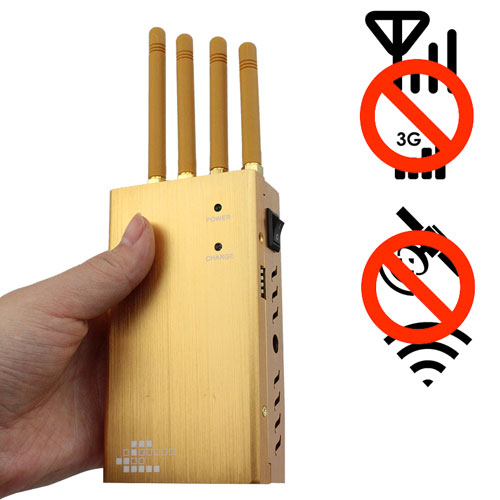Most field service reps are aware of the regulations and penalties for using a GPS jammer to manipulate their location or driving log. Yet, GPS jammers are innocently used by some drivers and reps who do not want to be tracked by their managers. These actions can have a more significant impact.
Below are five common myths that just are not true.
The Use of a GPS Jammer Is Exclusive to Rich Criminals

Fact: This myth is far from the truth. GPS affects our daily life as new vehicles, and mobile devices have GPS capability installed. And, GPS signal jammers are so common that you can find them on eBay for less than $50. The worst part is that anyone can buy and install these jammers, which puts their GPS-reliant navigational system (built-in on their iPhone, for instance) at risk. For example, let us say you are using Google Maps to locate a specific destination. Signal interference from a GPS jammer can mislead you to a different destination or shut down your app altogether. The fact that GPS jammers are easy to use escalates their potential danger even further.
I Only Use GPS Jamming Devices to Hide My Location from My Manager
Fact: A jammer device, also known as a signal jammer, may seem harmless at first. However, its potential to cause harm is substantial. These jammers have the potential to disrupt critical communications services, such as ambulances, police, 911, and firefighters. So, it is no surprise that, in the United States, the manufacturing, sale, distribution, and possession of GPS jammers is a federal crime, with punishment ranging from hefty fines and seizure of the jamming device to prison time.
It Is Legal to Install Jamming Devices That Claim to Block GPS Signals of My Vehicle Only
Fact: Any device that blocks GPS signals by emitting an interfering with radio frequency signals is illegal and cannot be marketed or operated in the United States, except in the limited context of authorized use by the government. Since it is difficult to determine from an advertisement how a device functions, it is essential to contact the FCC’s Enforcement Bureau if you have any questions. If a radio transmitting device is not authorized by the FCC or is not labeled with an FCC identification number, people cannot legally operate it.
Using a GPS Jammer Will Make My Current Location Invisible
Fact: If field service reps try to use GPS jammers to manipulate their location data and block GPS tracking, the managers will know about it. While drivers might think the jammers will make them invisible, in reality, their sneaky on-road behavior will attract even more attention.
So, if a driver using a mobile route planning app is trying to prevent a GPS tracker by using a jammer, the vehicle will not disappear; it will still appear on the live map as a missing trip. Also, when the drivers plug their jammers in a cigarette lighter port during the journey, you will see a line from when the jamming started.
If you are wondering how to detect GPS jammers in your vehicles, you can create an exception rule in your mobile GPS navigation app that looks for GPS signal faults and sends an alert when interference occurs.
If My Vehicle’s Location Shows Incorrectly on the Map, Will My Manager Think I Am Using a GPS Jammer?
Fact: No. An interrupted signal may not necessarily mean that you are using a GPS jammer. GPS signals are often not dependent on weather conditions. However, accuracy might be slightly altered in areas where there is not a clear line of sight to the sky, such as in over-populated areas, inside tunnels or sometimes underneath bridges. According to the GPS.gov website, in normal circumstances, GPS trackers are accurate 95% of the time within 16 feet. Some route planning route optimization apps, have built in GPS tracking.
